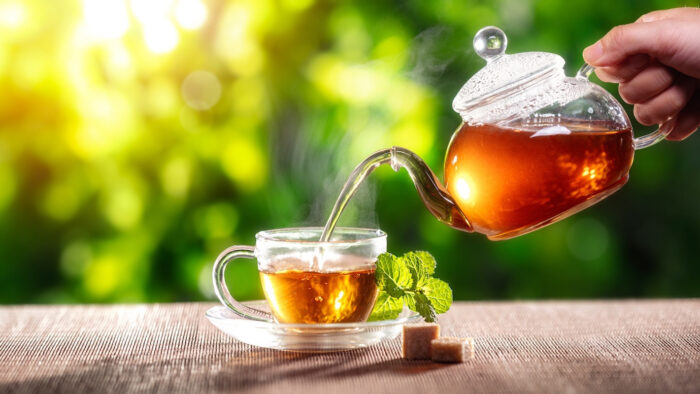How ritual removes pandemic ‘fog’

Restore rituals and make memories – that’s how we can help ourselves recover from the ‘brain fog’ that has bogged us down for the past two years.
Psychologists are encouraging us to focus on making plans and experiences as we emerge from this ‘pandemic memory hole’ that has made life become a blur.
Write things down in a diary or journal
An article in a recent edition of The Times said successive lockdowns made days bleed into weeks. Everything felt the same. People failed to form the reference points that are crucial for memory.
In addition, a sense of crisis also took its toll and changed our sense of past, present and future. Even mask-wearing has made remembering faces difficult. The article proposed five ways to boost memory function:
- write things down in a diary or journal;
- exercise for 20 minutes daily, which has a profound effect on remembering;
- remember even small events, to crystallise memory;
- discuss plans;
- update your memories regularly.
A recent edition of Healthspan’s magazine Nurture also looked at how we make ourselves feel good by using rituals. That means even just having a shower in the morning or taking time out with a cup of tea mid-afternoon.
‘It really is all about the meaning we attach to a set of actions that transforms what could be viewed as arbitrary behaviours into a ritual,’ said psychologist Dr Megan Arroll.
Daily habits have been given new meaning
In a study of 2,000 British adults, the simple act of a cup of tea or coffee at the same time of day was named as the top ritual for keeping calm.
‘Many of our daily habits and practices have now been given new meaning in light of the pandemic and have become valued rituals,’ said Dr Arroll.
‘This is notable as transforming a set of actions that you do every day into a ritual will give you the added wellbeing benefits such as stress management and feeling grounded in the present moment.’

